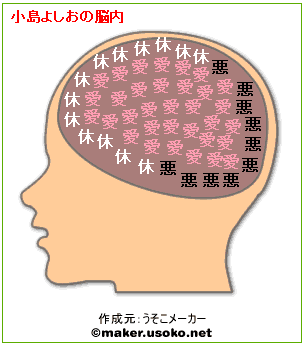I’ve written about how speaking a foreign language requires a special “other” sense, which the Japanese call kan (kahn). If you are kan ga ii (having a good sense about abstract things) you might be able to figure out that someone who compliments you by saying you are “good head” is probably telling you you’re smart, since atama ga ii (good head) is how you express intelligence in Japanese. But while a big part of interacting with people from other language groups means understanding what they’re saying to you even if it’s not communicated clearly — like when my wife asked for “gross lipstick” for Christmas, meaning gloss — there are times when you need to get meaning across to others. When my mother was visiting from the U.S., I left her alone with my kids as much as possible so they could have lots of time practicing their English with her. (Apparently I register as a Japanese person to them, since they know I speak Japanese, and they speak almost no English when I’m in the room.) My daughter was saying something about how much fun she’d had at Sea World in San Diego the previous summer, but she couldn’t remember the English word for the animals she’d seen. So she used her imagination, flapping her hands together like flippers and barking like a seal until my mother knew what she was talking about.

In other news, did you know that the word for brains in Japanese is noh-miso, lit. the “miso paste of the brain”?
What’s better than making an order for some great bento, J-snack, anime or traditional items from J-List? Getting a free give back in return, which is what you get during our “End of Fiscal Year” special sale. For every $100 you spend, we’ll give you a cool gift code for $5 to use with your next purchase. Why not see what excellent products from Japan J-List has for you today?














